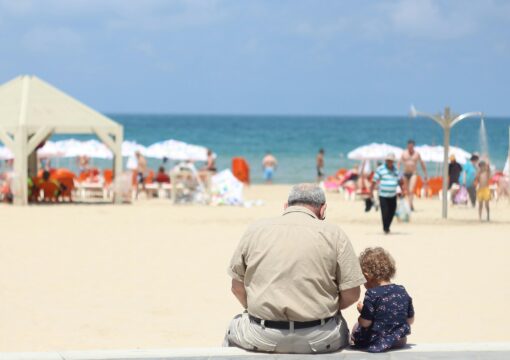Chancellor, Jeremy Hunt, released his Spring Budget on 6 March 2024 promising ‘more jobs, more investment and lower taxes.’
The statement regarded the key targets of reducing inflation, encouraging business and supporting families, with an eye on the general election due to take place later this year.
The Office for Budgetary Responsibility estimates the economy will grow by 0.8% in 2024, potentially rising to 1.8% in 2025. Whilst this seems positive, some are concerned that prioritising tax cuts will put further strain on government departments, public spending and the NHS.
Read our summary of the headline changes in the Spring Budget below…
National Insurance
From 6 April 2024, the main rate of Class 1 employee National Insurance Contributions (NICs) will be cut from 10% to 8% for workers earning from £12,571 to £50,270, meaning less will be deducted from wages.
For the self-employed, Class 4 NICs on earning from £12,571 to £50,270 will now fall to 6%, having already been due a cut from 9% to 8% as per the Autumn Statement 2023.
Child Benefit
Currently, parents claiming Child Benefit must repay some of the money received if either earns more than £50,000, and the entire amount, if either earns over £60,000.
From April, the income threshold for partial repayment will rise from £50,000 to £60,000, and the threshold for full repayment will rise from £60,000 to £80,000.
As well as this, from April 2026 (in theory) Child Benefit charge will be determined by household income, rather than by the income of the individual parents.
Child Benefit is currently worth £24 a week for one child and £15.90 for each additional child. The changes announced will now mean the amounts rise to £25.60 and (additionally) £16.95 a week.
Businesses
From 1 April 2024, the VAT registration threshold will increase from £85,000 to £90,000.
The level at which businesses can apply for VAT de-registration will increase from £83,000 to £88,000.
Property tax
Capital Gains Tax is payable on profits made when selling a second or buy-to-let home.
Basic rate taxpayers currently pay 18% on their gains and higher (and additional rate) taxpayers pay 28%.
From 6 April 2024, the budget announces that the higher rate will fall from 28% to 24%.
This change has been designed to encourage second homeowners and landlords to sell properties, therefore making more available for buyers.
Stamp duty relief has been abolished for those buying more than one dwelling at a time.
Furnished holiday lets
Currently, second homeowners who rent their properties as furnished holiday lets can benefit from a number of tax advantages, such as claiming capital allowances on items including furniture and white goods. In addition to this, profits from furnished holiday lets are classed as relevant earnings for pension purposes.
These rules have meant that it is often more profitable for owners of second homes to provide holiday lets over renting to long-term tenants.
From 6 April 2025, this regime will be abolished, so more properties are available to rent long-term.
Non-doms
Non-doms (non-UK domiciled individuals) are individuals whose permanent home, or domicile, is considered to be outside the UK. In the current system, they have to pay tax on the money they earn in the UK, but only on their foreign income that they remit to the UK.
From April 2025, non-dom status, will be abolished, meaning the those affected will not have to pay tax on money earned abroad for the first four years of residence in the UK, but beyond this period will have to pay income on all earnings (here and overseas).
Non-doms will be given a two-year transition period, where they will be encouraged to move their foreign wealth to the UK.
Duties
Alcohol duty was due to rise by 3% from August, but this will be frozen until February 2025.
From October 2026, a new tax on vaping products will be introduced. Tobacco duty will also increase by £2.00 per 100 cigarettes at the same time, so vaping which is still viewed as less harmful remains cheaper.
Fuel duty will be frozen at its current level for another year.
Social support
The repayment period for those on Universal Credit to pay back budgeting advance loans will rise from 12 to 24 months. These interest free loans are available if emergency funds are needed when the individual is claiming Universal Credit.
Debt relief orders are for people with low income and debts of less than £30,000, freezing their debt repayments and interest for twelve months and writing off their debts if their financial situation remains unchanged. This used to cost £90, but this fee has now been removed.
British ISA
A new British ISA will give investors an extra £5,000 of tax-free allowance.
This measure, alongside the existing £20,000 per person annual Isa allowance, is designed to stimulate investment in UK assets.
Need some guidance?
Whilst these are some of the key announcements, we encourage you to check out the full budget to explore the reforms above in more detail and stay abreast of other changes.
If you require any guidance as a result of any of the changes made in the Spring Budget, please get in touch with us. A member of our team will be happy to assist you…










